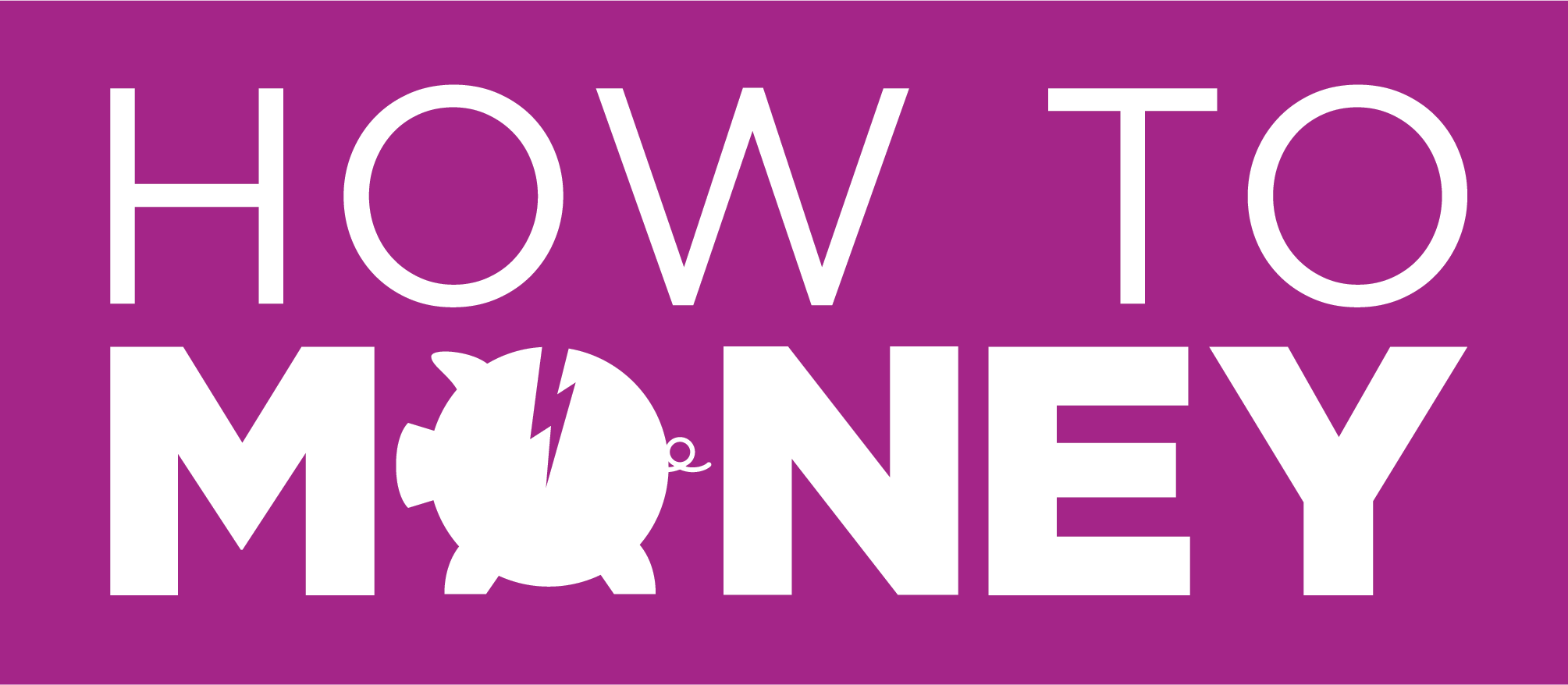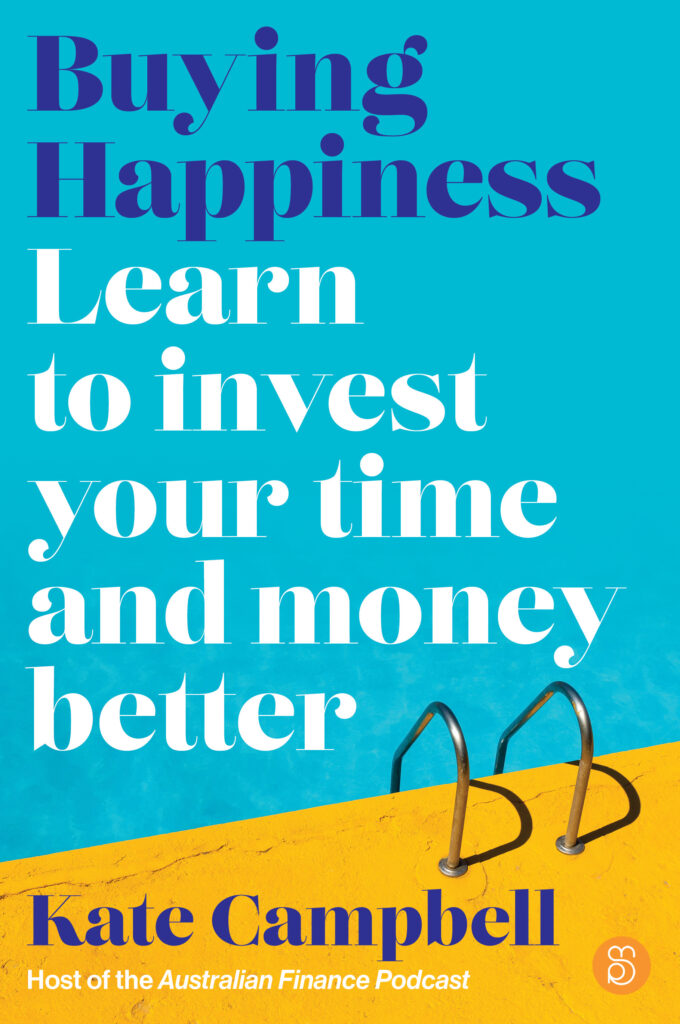
Exploring Exchange Traded Funds (ETFs) with BetaShares
Continuing on from our last post on shares, in this post we’re going to dive straight into Exchange Traded Funds (ETFs). ETFs have been all over the news in the recent years, and seem to be the cause of constant debate between active and passive investors.
In order to gain a greater understanding on exactly what an ETF is and how they work, How To Money reached out to a leading Australian ETF provider, BetaShares, to shed some light on the topic. Read on to see what BetaShares have to say about ETFs.
What is an ETF and why should young people know about them?
An ETF is an investment fund that trades on a stock exchange (in Australia this is the Australian Securities Exchange — or ASX for short).
ETFs provide investors with simple exposure to a diversified portfolio of shares, or asset classes like commodities, cash or bonds.
Buying and selling ETFs is simple too — they can be bought and sold at any time throughout the trading day, just as you would a single share, using an online brokerage account like Commsec or NABTrade.
Young people should know about ETFs because they arguably represent the easiest way to get started in the stock-market. With a single trade, one third you get access to a whole portfolio of shares, meaning you get into the share market without the need to pick individual stocks.
And the research shows that ETFs are increasingly being used by younger investors — the latest BetaShares/Investment Trends Research found that one-third of ‘next wave’ ETF investors (defined as those planning to invest in ETFs in the next 12 months) are millennials.
Why do people buy ETFs?
While the early adopters of ETFs were older, more sophisticated investors, this demographic is changing rapidly. Younger Australians are facing financial challenges not experienced by previous generations: minimal returns from bank savings accounts, high property prices and large student loan debt, just to name a few. These challenges are encouraging people to consider other solutions, such as ETFs, in order to start building their nest-egg and achieving their financial goals.
ETFs offer attractive benefits to beginner investors — low costs, small minimum investment sizes, diversification and convenience.
As mentioned above, ETFs also reduce the hassle of having to select a single share, a process which, for less experienced investors, may pose a daunting task. An example of this is that instead of selecting direct shares in technology companies that may be appealing (Facebook and Amazon, as examples), an investor may consider an investment in the BetaShares Nasdaq 100 ETF (ASX Code: NDQ), which provides access to a portfolio of 100 technology companies (including Facebook, Google, Amazon and many more) in a single trade, via the ASX.
What kind of ETFs are available?
There are currently over 100 ETFs available via the ASX — so the range is vast! Many different exposures can be accessed thanks to this broad range, including share portfolios of Australian or International companies (from classic Aussie ‘blue-chips’ to tech titans Facebook, Google and Amazon), to other asset classes like currencies, commodities and bonds.
What has perhaps been the most exciting development in recent years in the Australian ETF market is the progression in product development. The first ETFs to hit the Australian market in 2001, were more ‘vanilla’ in their style, replicating and aiming to track indexes (like the S&P/ASX 200). As the industry has grown and developed, so has innovation in product development.
Now investors, if they wish, can access interesting global growth sectors, like cybersecurity, or tap into themes such as sustainability. As younger investors increasingly become aware of the benefits ETFs can offer, we expect product development to continue and grow with investor’s needs.
What are some of the benefits and risks of buying ETFs?
As previously mentioned, low cost, small minimum investment sizes, diversification and convenience are the key factors behind the rise in popularity of ETFs. What is perhaps less well known is that ETFs offer better transparency into what they are holding than other financial products (like mutual funds). Investors are able to log on to an ETF providers website at any time and view the entire portfolio of the ETF, so you know exactly what companies you’re exposed to whenever you’d like.
As with all financial products ETFs do carry some risks, the key one being that you will be exposed to the ups and downs of the underlying portfolio that the ETF owns. In other words, if you buy an Australian shares ETF, and the Australian share market goes down in value, you should, of course, expect your ETFs value to go down too!
All financial products (including ETFs) come with a Product Disclosure Statement (PDS), that describes the fund, including its aim, objectives and risks — we encourage any investor to read this and to get in touch with the ETF manager if they have any questions.
How can young Australians learn more about ETFs, and the companies that manage them?
Google, friends, family and provider websites should contain all the information required on ETFs and providers. While we can’t speak for other providers, investor education is part of our DNA at BetaShares. We have a raft of educational material on our website, and we publish a weekly newsletter that provides subscribers with portfolio construction tips and wider economic analysis that is compiled by our Chief Economist, David Bassanese.
We’re also active across social media — Twitter, LinkedIn and Facebook — answering direct messages from investors on a daily basis, and we encourage anyone else to do the same! We strongly believe that investing does not need to be complicated, and this year you will see much more ‘un-jargon’ from us. We hope to see other providers doing the same to encourage simplifying and reducing barriers for Australians to get started and savvy in the share market.
Hopefully the answers above have given you a really good overview of what ETFs are, and why they’re worth learning about on your financial education journey. Learn more about BetaShares and what they’re doing to shake up the ETF industry over here. Please note that How To Money reached out to BetaShares for educational purposes only, this is not a paid review, advertisement or endorsement.
Kate — HTM Founder and Editor
Want to learn more about money and personal finance? Check out our article archive, the How To Money Podcast and the Australian Finance Podcast. Catch us on Twitter @HowToMoneyAUS and Instagram on @HowToMoneyAUS.
Important Information
The information on this blog and website is of a general and educational nature only. It does not take into account your individual financial situation, objectives or needs. You should consider your own financial position and requirements before making a decision, as we are not an advisory service. We recommend you consult a licensed financial adviser in order to assist you. The information is based on assumptions or market conditions which can change without notice, and this will impact the accuracy of the information provided. This website and blog occasionally provide links to third-party sites, aimed at helping you gather the information required to make an informed decision — we may receive payment for these referrals.






